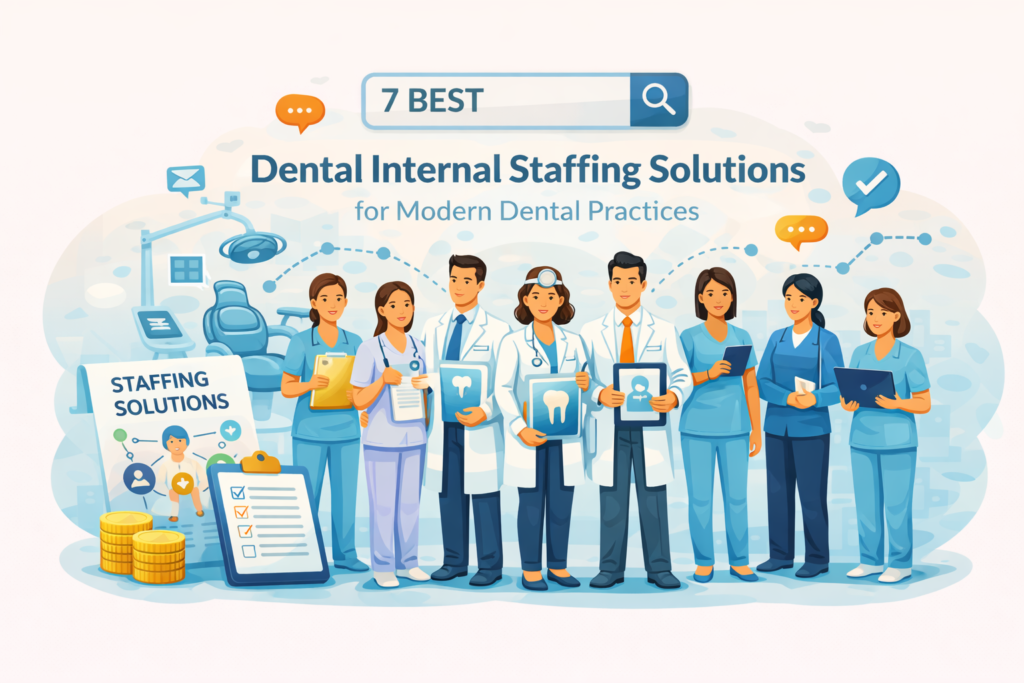Are you launching a sole proprietorship in India? If so, you’ve probably heard of One Person Companies (OPCs). It’s a great way to benefit from a private limited company without having to look for a co-founder or partner. Despite the numerous advantages of One Person Company registration including decreased liability, better funding opportunities, and increased professional credibility, the nominee is usually ignored.
While registering with the OPC to take over the business if you are unable to, you must designate a nominee. Isn’t it easy enough? Issues about nominees, however, may present significant operational and legal difficulties if not managed appropriately. In this blog, we’ll outline the common errors made by OPC nominees and provide practical guidance, common sense, and clear language to help you avoid them.
Why a Nominee Is Needed for OPC Registration?
The Companies Act of 2013 mandates that a one-person business designate a nominee at the time of registration. The objective is to ensure business continuity if the sole member (you) dies or becomes incapacitated. Unless they are appointed as a director, the nominee assumes ownership but does not handle day-to-day operations. The catch is that your OPC may encounter issues that could lead to operational delays, fines, or even disputes if you choose the incorrect nominee or violate the law.
Typical Legal Traps Concerning OPC Nominees
1. Choosing a candidate without getting their informed consent
One of the most frequent mistakes made by business owners is to add someone as a nominee without informing them. The law requires written consent from the nominee. The entire One Person Company registrationmay be considered null during a transfer if the nominee reject the position or is unaware of it.
Solution: Ensure that your nominee has signed a consent form (Form INC-3) before registering a one-person business. Create a backup copy for your files.
2. Selecting an Ineligible Candidate
Not everyone can be nominated. According to the law, the nominee must:
- Must be an Indian resident
- Individuals should also possess an Indian citizenship.
- Should not be an OPC nominee or a member.
If you unintentionally select someone who does not meet these requirements, your application may be rejected or there may be issues with compliance in the future.
Solution: Before selecting a nominee, carefully verify their eligibility. It is best to use a reliable legal services platform or even obtain professional advice to double-check requirements.
3. Not updating the nominee’s information
What happens if your nominee decides they no longer want to be a part of your OPC, moves overseas, or becomes legally unfit? If a sudden transfer is required, it can become a major problem because many founders neglect to update nominee details.
Solution: You must use Form INC-4 to update MCA records if your nominee wishes to withdraw or is no longer eligible. It’s a simple process, but skipping it can cause legal blocks in the future.
4. There should be no formal agreement between the owner and the nominee.
It is recommended to draft a clear agreement indicating expectations, even though a nominee’s role is legally defined. This is applicable, especially about the ownership transfer and operational handover.
The solution is to draft a nominee agreement, even if it is just a basic one that specifies how business decisions will be implemented. Plus, it also includes what will happen after nominee takes over, and whether they are planning to sell or retain the company.
5. Failing to Inform Your Family or Stakeholders
In case something happens to you, your team or family should know who the nominee is. Sometimes disagreements arise because team members or heirs are unsure of who is in charge of the company.
Solution: Keep all nominee-related documents safe and share all the information with a trusted person, like your accountant or attorney.
Conclusion
Sole proprietors need to register with the OPC in order to legally establish their business. There might be preventable issues, if regulations related to nominees are ignored. If you are planning to register a one-person business, carefully consider your nominee situation. It may appear to be a minor step, but it keeps your company operational, flexible, and future-ready.




